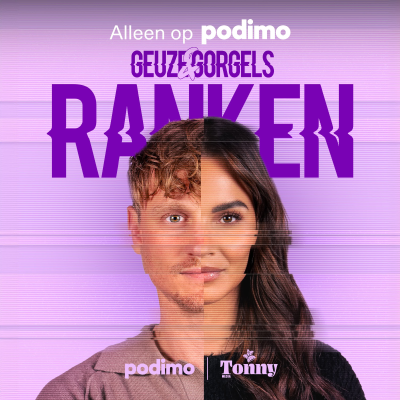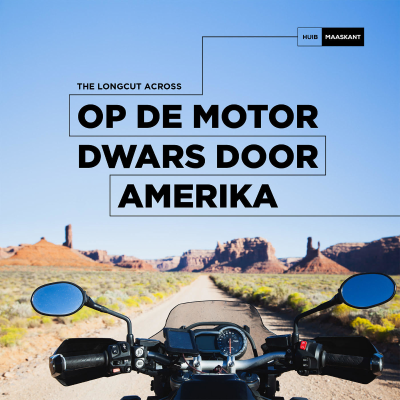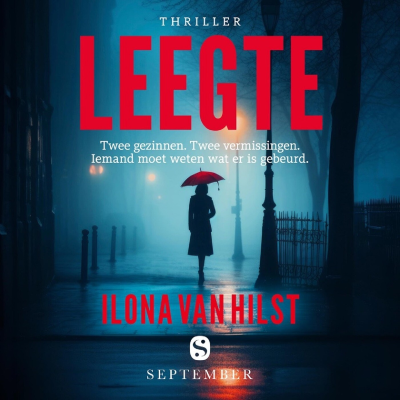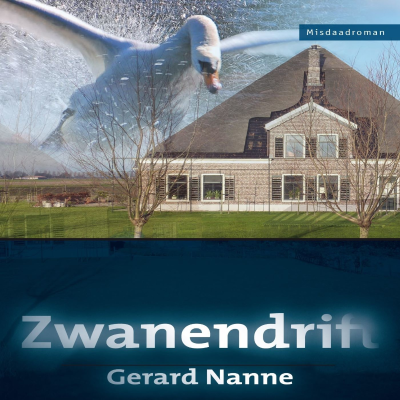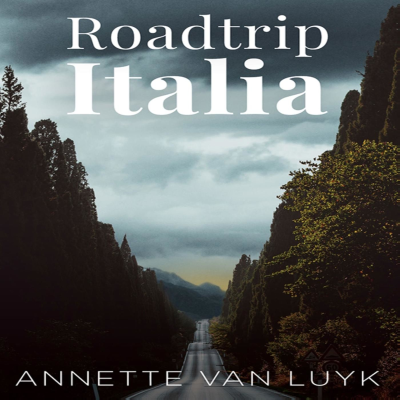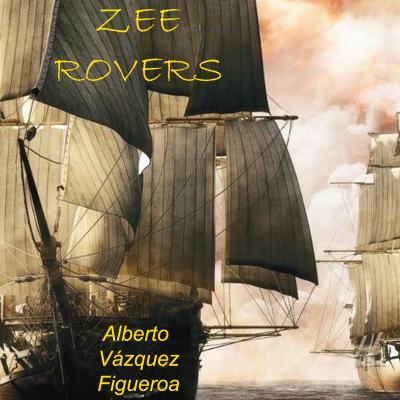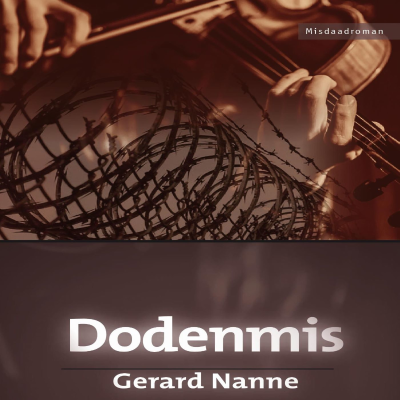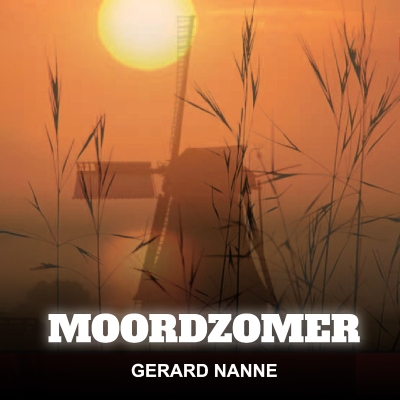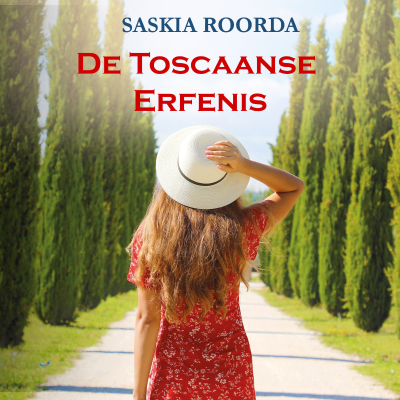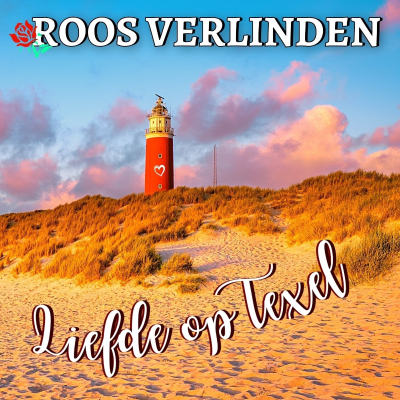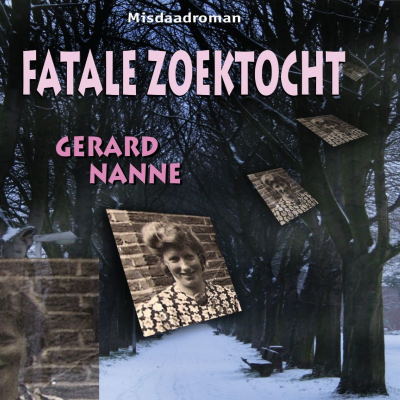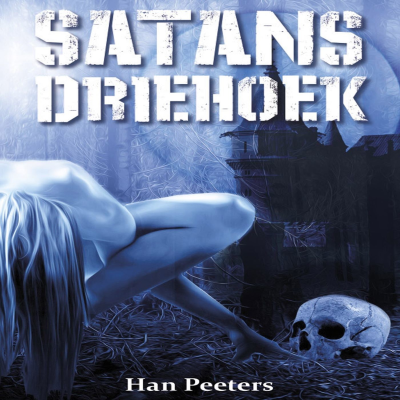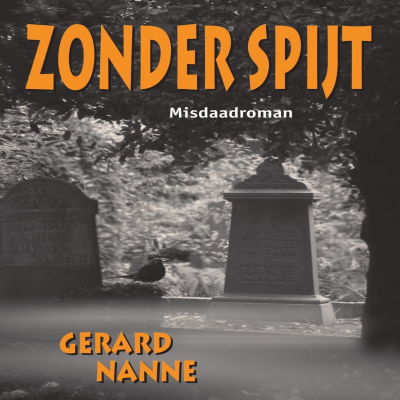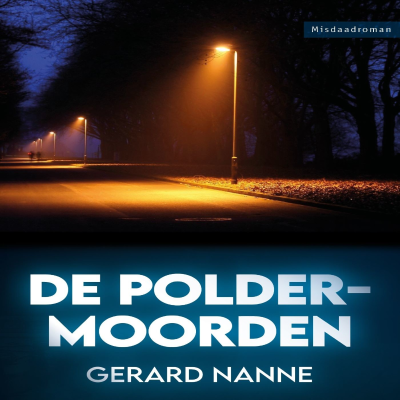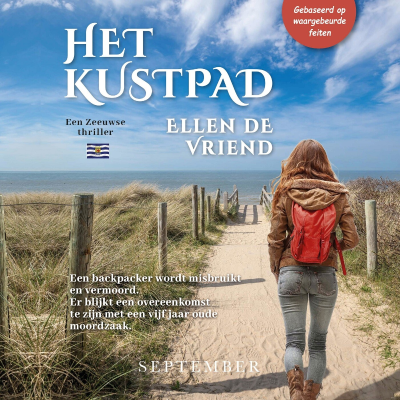
The Search Space
Engels
Technologie en Wetenschap
Tijdelijke aanbieding
1 maand voor € 1
Daarna € 9,99 / maandElk moment opzegbaar.
- 20 uur luisterboeken / maand
- Podcasts die je alleen op Podimo hoort
- Gratis podcasts
Over The Search Space
The Logic Programming podcast. About the history, future, and wider landscape of Logic Programming.
Alle afleveringen
7 afleveringen#6 - Adam Smith on Answer Set Programming
Adam Smith talks about Answer Set Programming, and how he's used it in game design and other areas. Visit the show's web page: thesearch.space Show notes | Torsten Schaub at Potsdam University [https://www.cs.uni-potsdam.de/~torsten/] Several of his presentations contain the formula ASP = DB + LP + KR + SMT^n ASP: Answer Set Programming DB: Database LP: Logic Programming KR: Knowledge Representation SMT: SAT Modulo Theories [https://en.wikipedia.org/wiki/Satisfiability_modulo_theories] SAT solver: Boolean Satisfiability [https://en.wikipedia.org/wiki/SAT_solver] | this refraction game that I had made a puzzle generator for Described in Adam's dissertation [https://adamsmith.as/dissertation/]. | the Potassco tools from University of Potsdam. potassco.org [https://potassco.org/] | A book called Procedural Content Generation in Games www.pcgbook.com [https://www.pcgbook.com/] | There's this idea due to Kate Compton ... of the 10 000 bowls of oatmeal problem http://www.galaxykate.com/blog/generator.html | We modeled a design space of information visualizations, line plots and scatter plots and bar charts "Formalizing Visualization Design Knowledge as Constraints: Actionable and Extensible Models in Draco" [https://adamsmith.as/papers/08440847.pdf] | a Python library called Clorm .. so that you can define your problem instances with Python objects github.com/potassco/clorm [https://github.com/potassco/clorm] | the concept of elaboration tolerance that when someone gives you some clarification about how your domain works, can you incorporate that change by just adding more code to add more choices or more constraints? John McCarthy's paper on elaboration tolerance [http://jmc.stanford.edu/articles/elaboration.html] | a paper from Google DeepMind ... describing a system called the Apperception Engine "Making sense of sensory input" [https://arxiv.org/abs/1910.02227], Evans et al | taught a class called Applied ASP a few years ago Lecture slides, programming assignments, reading assignments here: canvas.ucsc.edu/courses/1338 [https://canvas.ucsc.edu/courses/1338] | Once you want to write a program that's more than 30 lines long, how do you profile it? How do you test it? How do you deploy it? Slides from a talk about Adam's test automation framework: Unit Test Automation for ASP with Ansunit [https://docs.google.com/presentation/d/1iJr9ieR9ad9hRetFi0vjFe6Uw8-6WxTgernaguI_QtY] Try ASP from your browser: https://potassco.org/clingo/run/ [https://potassco.org/clingo/run/] ★ Support this podcast ★ [https://ko-fi.com/searchspace]
#5 - Kevin Feeney on TerminusDb and the Semantic Web
Visit the show's web page: thesearch.space [https://thesearch.space/] Show notes I first became aware of Kevin through a series of blog posts that explain the similarities and differences between these different kinds of databases Graph Fundamentals — Part 1: RDF [https://terminusdb.com/blog/graph-fundamentals-part-1-rdf-db/] Graph Fundamentals — Part 2: Labelled Property Graphs [https://terminusdb.com/blog/graph-fundamentals-part-2-labeled-property-graphs/] Graph Fundamentals — Part 3: Graph Schema Languages [https://terminusdb.com/blog/graph-fundamentals-part-3-graph-schema-languages/] Graph Fundamentals Part 4: Linked Data [https://terminusdb.com/blog/graph-fundamentals-part-4-linked-data/] Then I found out about TerminusDb https://terminusdb.com/ [https://terminusdb.com/] "a bunch of Swedish hackers with a bunch of JSON blobs" https://neo4j.com/ [https://neo4j.com/] Full quote: [...] there have been many more incoherent standards and initiatives that have come out of the W3C’s standards bodies — almost all of which have launched like lead balloons into a world that cares not a jot. Nevertheless, it is important to recognise that, hidden in all the nonsense, there are some exceptionally good ideas — triples, URL identifiers and OWL itself are all tremendously good ideas in essence and nothing else out there comes close. It is a sad testament to the suffocating nature of design by standards committee which has consumed countless hours of many thousands of smart and genuine researchers, that ultimately the entire community ended up getting it’s ass kicked by a bunch of Swedish hackers with a bunch of json blobs — the Neo4j property graph guys have had a greater impact upon the real world than the whole academic edifice of semantic web research. The Semantic Web [https://en.wikipedia.org/wiki/Semantic_Web]as a movement came out of Tim Berners-Lee One of the seminal articles: https://web.archive.org/web/20171010210556/https://pdfs.semanticscholar.org/566c/1c6bd366b4c9e07fc37eb372771690d5ba31.pdf [https://web.archive.org/web/20171010210556/https://pdfs.semanticscholar.org/566c/1c6bd366b4c9e07fc37eb372771690d5ba31.pdf] The Semantic Web is not a separate Web but an extension of the current one, in which information is given well-defined meaning, better enabling computers and people to work in cooperation. ... Adding logic to the Web—the means to use rules to make inferences, choose courses of action and answer questions—is the task before the Semantic Web community at the moment. — May 17, 2001, The Semantic Web - A new form of Web content that is meaningful to computers will unleash a revolution of new possibilities, Tim Berners-Lee, James Hendler and Ora Lassila The standardization of RDF [https://en.wikipedia.org/wiki/Resource_Description_Framework], the standardization of OWL [https://en.wikipedia.org/wiki/Web_Ontology_Language] the big, big gap in a lot of the standards of the semantic web was some type of closed world [https://en.wikipedia.org/wiki/Closed-world_assumption] reasoning regime I was one of the developers of software that ran a thing called Indymedia [https://en.wikipedia.org/wiki/Independent_Media_Center] back in the early two-thousands. most of the impetus for OWL came out of the description logic [https://en.wikipedia.org/wiki/Description_logic] community ...there's a number of very well-known and very accomplished description logic people [...] like Peter Patel-Schneider [https://www.parc.com/about-parc/our-people/peter-patel-schneider/] and [Ian] Horrocks [https://www.cs.ox.ac.uk/people/ian.horrocks/] in Oxford. ...they were using predicates to point out that two things, two data structures are the same thing. But the standard didn't ... mean for that to be used for things that just happened to be the same real world thing... Kevin discusses this misuse of owl:sameAs and owl:equivalentClass in the the fourth of his blog posts linked to above. I was talking to some of the guys in Semantic Arts [https://www.semanticarts.com/], who are very busy and active consultants in the area. And then there is this thing called RDF stores [https://en.wikipedia.org/wiki/Triplestore]... [RDF stores] are based around this concept of a triple - predicate subject object [https://en.wikipedia.org/wiki/Semantic_triple] Just like Google do actually on their front page now for their knowledge graph The Google Knowledge Graph was introduced in 2012 with the great slogan "things, not strings" [https://blog.google/products/search/introducing-knowledge-graph-things-not/] ...the other thing that triples have ... is it makes revision controlled databases possible. From TerminusDB: A Technical History [https://terminusdb.com/blog/terminusdb-a-technical-history/]: ...we adopted a delta encoding approach to updates as is used in source control systems such as git. This provides transaction processing and updates using immutable database data structures, recovering standard database management features while also providing the whole suite of revision control features: branch, merge, squash, rollback, blame, and time-travel... I've actually seen that very thing being described as a benefit of property graphs that each relation has its own ID and it can have [a] whole data structure associated with it See for example neo4j's blog post RDF Triple Stores vs. Labeled Property Graphs: What’s the Difference? [https://neo4j.com/blog/rdf-triple-store-vs-labeled-property-graph-difference/], in the section "Difference #1: RDF Does Not Uniquely Identify Instances of Relationships of the Same Type". You can do it in SQL these days, but it's sort of a later addition... the WITH syntax, Common Table Expressions they are called... you can actually do recursive queries. I once showed up at a neo4j meetup with some examples [https://gist.github.com/felixyz/fcc90efc53c81d0b4b9c] of doing graphy queries in PostgreSQL using Common Table Expressions. (The presentation would have been more impressive if I had but some indexes on those tables...) A way better introduction is the excellent page on The WITH Clause [https://www.sqlite.org/lang_with.html] in the SQLite documentation. People beat up on normal-form modeling [https://en.wikipedia.org/wiki/Database_normalization] and SQL way more than they should. A good recent blog post on this topic: Normalization is not a process [https://www.cargocultcode.com/normalization-is-not-a-process/]. Even when I'm modelling graph stuff, I start off with basically https://en.wikipedia.org/wiki/Entity%E2%80%93relationship_m...
#4 - Markus Triska on constraints and the power of Prolog
Visit the show's web page: thesearch.space [https://thesearch.space/] Show notes The Power of Prolog [https://www.metalevel.at/prolog], Markus' ongoing book project "It says, 'Find your way from darkness to light,' which is one of the quotes that occurs in The Knight of Cups [https://en.wikipedia.org/wiki/Knight_of_Cups_(film)], which is a recent movie by Terrence Malick." "I was introduced to Prolog by Ulrich Neumerkel [%20https://www.complang.tuwien.ac.at/ulrich/] at the Vienna University of Technology." "the convener of the Prolog ISO standard [%20https://www.complang.tuwien.ac.at/ulrich/iso-prolog/]group." "He has developed his own teaching environment called GUPU [%20https://www.complang.tuwien.ac.at/ulrich/gupu/], which means talk-assisted programming environment [Gesprächsunterstützende Programmierübungsumgebung]." Declarative program development in Prolog with GUPU [https://www.complang.tuwien.ac.at/ulrich/papers/PDF/gupu-wlpe2002.pdf] (paper) "one fellow student came to me and asked for a solution to [what] you may now know as the SEND MORE MONEY task [https://en.wikipedia.org/wiki/Verbal_arithmetic]." SEND + MORE = MONEY "People have ... in different languages, explored multi-dispatch [https://en.wikipedia.org/wiki/Multiple_dispatch%20], multi-methods, and all kinds of stuff [https://wiki.c2.com/?PredicateDispatching]." "... the notion that an algorithm can be decomposed into a logic aspect and a control aspect. So this is written as 'algorithm is logic plus control [%20https://www.doc.ic.ac.uk/~rak/papers/algorithm%20=%20logic%20+%20control.pdf].'" "...let's look at the HTTP framework [%20https://www.swi-prolog.org/pldoc/man?section=httpserver] of SWI-Prolog" "...the first use case that Prolog should solve was translating weather reports between French and English. It was the METEO system [https://en.wikipedia.org/wiki/METEO_System]..." "For this purpose ... DCGs were invented [https://www.metalevel.at/prolog/dcg]. So this is a sub-formalism in Prolog that lets us describe lists in a very natural way." "...you have kind of a special syntax with the keyword is, and many of the normal, nice properties of Prolog start breaking down." (is)/2 is not actually a keyword or a special syntax. Markus describes the issues involved very well here: https://github.com/triska/clpz#an-impure-alternative-low-level-integer-arithmetic [https://github.com/triska/clpz#an-impure-alternative-low-level-integer-arithmetic] and here: https://www.metalevel.at/prolog/clpz [https://www.metalevel.at/prolog/clpz] "It is abbreviated as CSP: Constraint Satisfaction Problem [https://en.wikipedia.org/wiki/Constraint_satisfaction_problem]." "You have variables, you have associated domains, which in plain Prolog are always Herbrand terms [https://en.wikipedia.org/wiki/Herbrand_structure], named after Jaques Herbrand [%20https://en.wikipedia.org/wiki/Jacques_Herbrand]." "In the literature, this has even been mentioned as the Holy Grail of computer science. This property [or] at least the idea that users or application programmers specify a task and the system solves it." Eugene C Freuder. “In pursuit of the holy grail”. In:Constraints 2.1 (1997), pp. 57–61. (not freely available) There is an ongoing series of workshops following up on the ideas in the original paper: https://freuder.wordpress.com/pthg-20-the-fourth-workshop-on-progress-towards-the-holy-grail/ [https://freuder.wordpress.com/pthg-20-the-fourth-workshop-on-progress-towards-the-holy-grail/] "For comparison, [...] the constraint solver for SICStus Prolog [https://sicstus.sics.se/] is hundreds of times faster than for example what I've implemented." > "rusty-wam, implemented in Rust" (hence renamed Scryer Prolog [https://github.com/mthom/scryer-prolog], with Markus being an active contributor) > "There is O-Prolog, [http://eisl.kan-be.com/library/oprolog1.html] which is implemented by Kenichi Sasagawa from Japan." > "..in the case of Tau Prolog [http://tau-prolog.org/], it's implemented in JavaScript and they can embed Prolog in a web browser" The Power of Prolog YouTube channel [https://www.youtube.com/channel/UCFFeNyzCEQDS4KCecugmotg] ★ Support this podcast ★ [https://ko-fi.com/searchspace]
#3 - Chris Martens on narrative generation
Visit the show's web page: thesearch.space [https://thesearch.space/] Show notes Chris Martens' academic website https://www.csc.ncsu.edu/people/crmarten [https://www.csc.ncsu.edu/people/crmarten] 04:30 "Programming Interactive Worlds with Linear Logic" [https://www.cs.cmu.edu/~cmartens/thesis/], Chris' Ph.D. thesis 06:10 James Meehan’s, Tale-Spin thesis "The Metanovel: Writing Stories by Computer" [https://archive.org/details/DTIC_ADA031625/page/n111/mode/2up] A great post about the story of Tale-Spin's creation: https://grandtextauto.soe.ucsc.edu/2006/09/13/the-story-of-meehans-tale-spin/ [https://grandtextauto.soe.ucsc.edu/2006/09/13/the-story-of-meehans-tale-spin/] 18:40 The Twelf Project [http://twelf.org/wiki/Main_Page] "a language used to specify, implement, and prove properties of deductive systems such as programming languages and logics" The dependently typed logif LF [http://twelf.org/wiki/LF] 20:50 Linear logic [https://en.wikipedia.org/wiki/Linear_logic] Jean-Yves Girard [https://girard.perso.math.cnrs.fr/Accueil.html] The original paper [https://girard.perso.math.cnrs.fr/linear.pdf] (The first sentence begins: "Linear logic is a logic behind logic...") 22:00 "A form of logical implication pronounced A lolly B" ... I wish I had a screen to draw on" Looks like this: A -o B (a modified arrow from A to B) 25:10 The frame problem [https://plato.stanford.edu/entries/frame-problem/] 25:20 Temporal logic [https://en.wikipedia.org/wiki/Temporal_logic] Event calculus [https://en.wikipedia.org/wiki/Event_calculus] 26:50 Pandemic board game [https://www.leacock.com/pandemic] "5% of my design royalty for Pandemic products is donated directly to Doctors Without Borders" https://www.leacock.com/about [%20https://www.leacock.com/about] 44:40 Interactive fiction [https://en.wikipedia.org/wiki/Interactive_fiction] "software simulating environments in which players use text commands to control characters and influence the environment" https://www.ifarchive.org/ [https://www.ifarchive.org/] 47:30 Behavior trees [https://en.wikipedia.org/wiki/Behavior_tree] 56:00 R. Michael Young [https://liquidnarrative.csc.ncsu.edu/rmy/] "His research focuses on the development of computational models of interactive narrative with applications to computer games, educational and training systems and virtual environments." 57:30 https://twitter.com/chrisamaphone [https://twitter.com/chrisamaphone] github.com/chrisamaphone [https://github.com/chrisamaphone] ★ Support this podcast ★ [https://ko-fi.com/searchspace]
#2 - Ryan Brush on retaking rules for developers
Show notes (full notes coming up, please check back soon) Ryan's talk about Clara at Strange Loop (2014) https://www.youtube.com/watch?v=Z6oVuYmRgkk [https://www.youtube.com/watch?v=Z6oVuYmRgkk] https://github.com/quoll/naga [https://github.com/quoll/naga]https://github.com/ulfurinn/wongi-engine [https://github.com/ulfurinn/wongi-engine] https://github.com/jruizgit/rules [https://github.com/jruizgit/rules] ★ Support this podcast ★ [https://ko-fi.com/searchspace]
Kies je abonnement
Tijdelijke aanbieding
Premium
20 uur aan luisterboeken
Podcasts die je alleen op Podimo hoort
Gratis podcasts
Elk moment opzegbaar
1 maand voor € 1
Daarna € 9,99 / maand
Premium Plus
Onbeperkt luisterboeken
Podcasts die je alleen op Podimo hoort
Gratis podcasts
Elk moment opzegbaar
Probeer 30 dagen gratis
Daarna € 11,99 / month
1 maand voor € 1. Daarna € 9,99 / maand. Elk moment opzegbaar.





